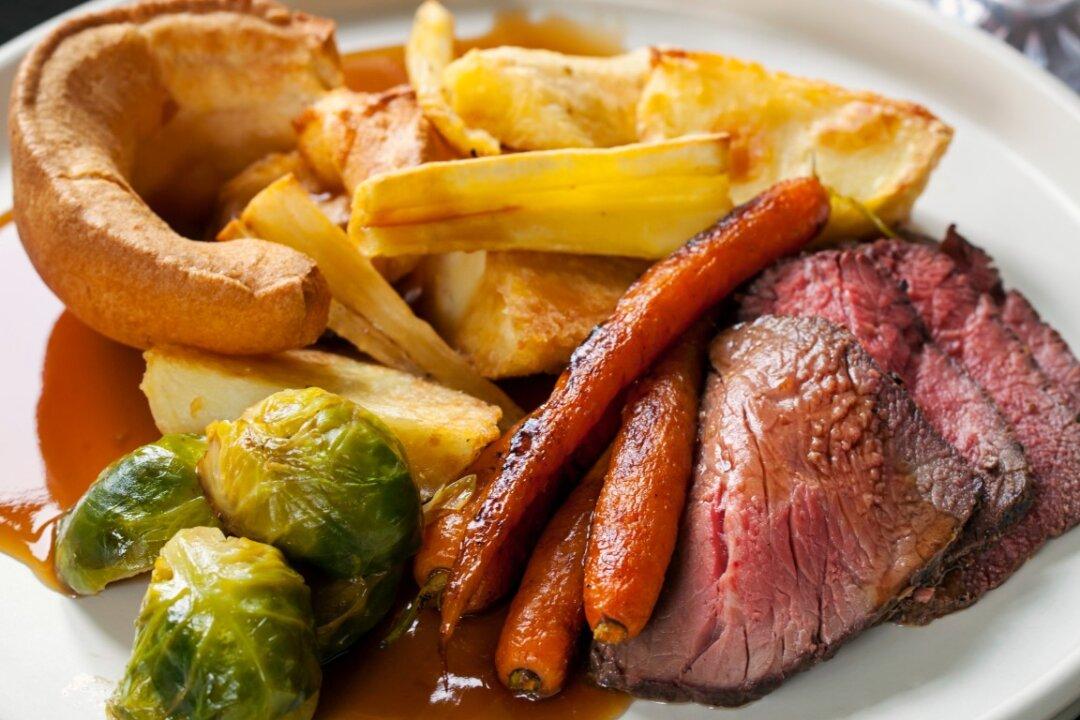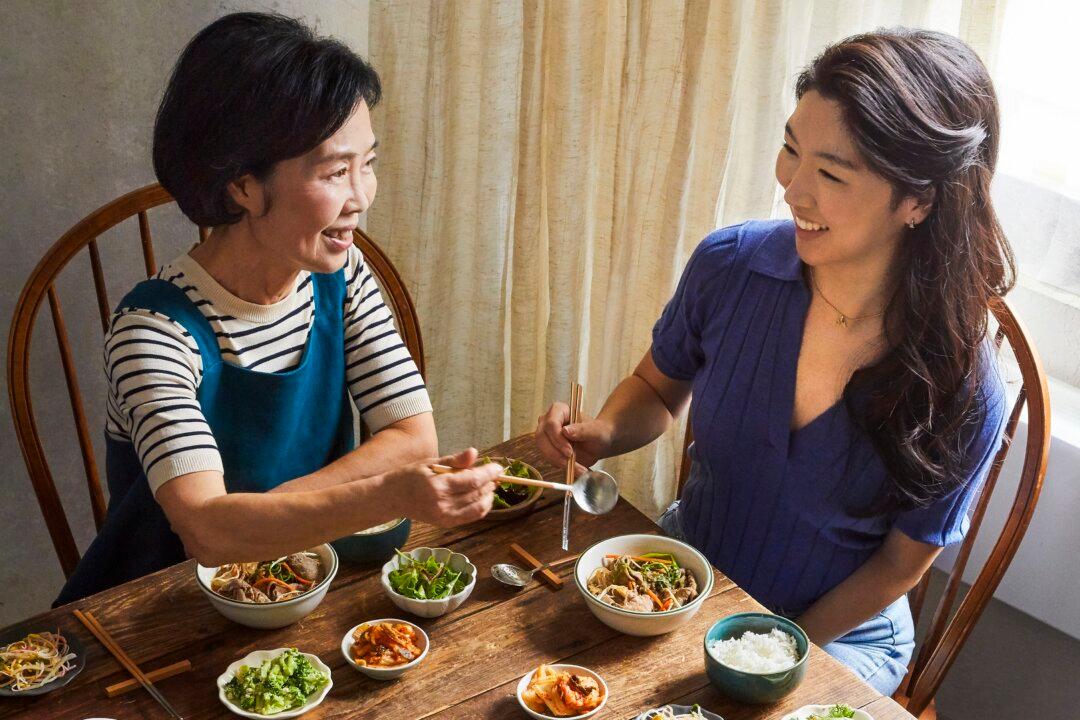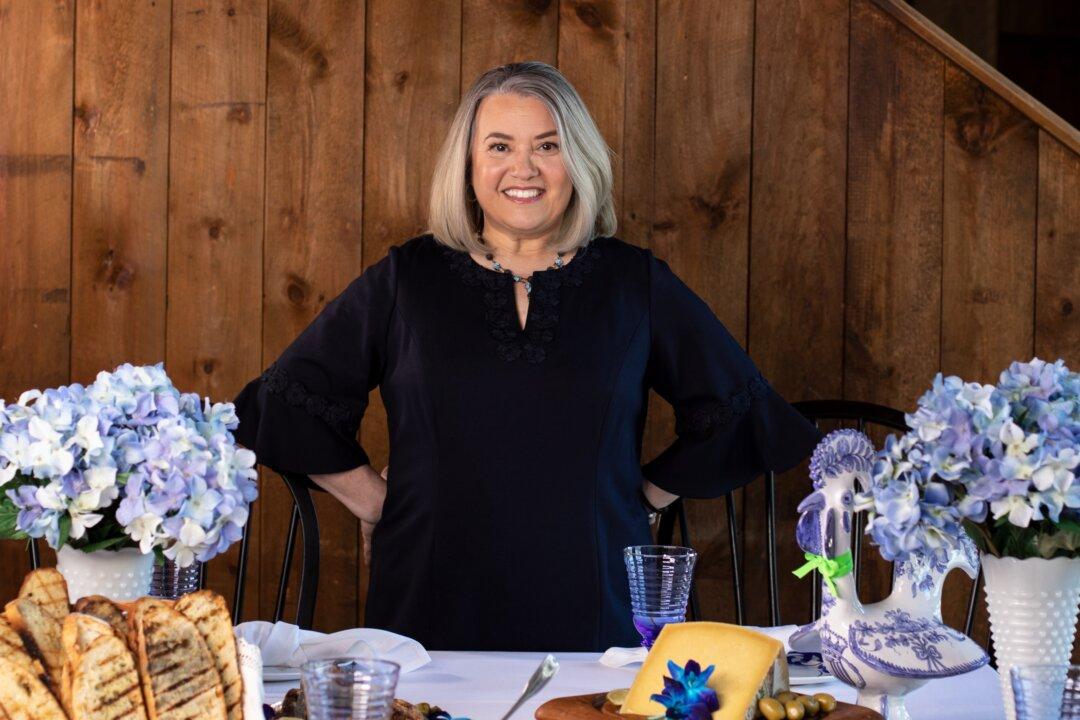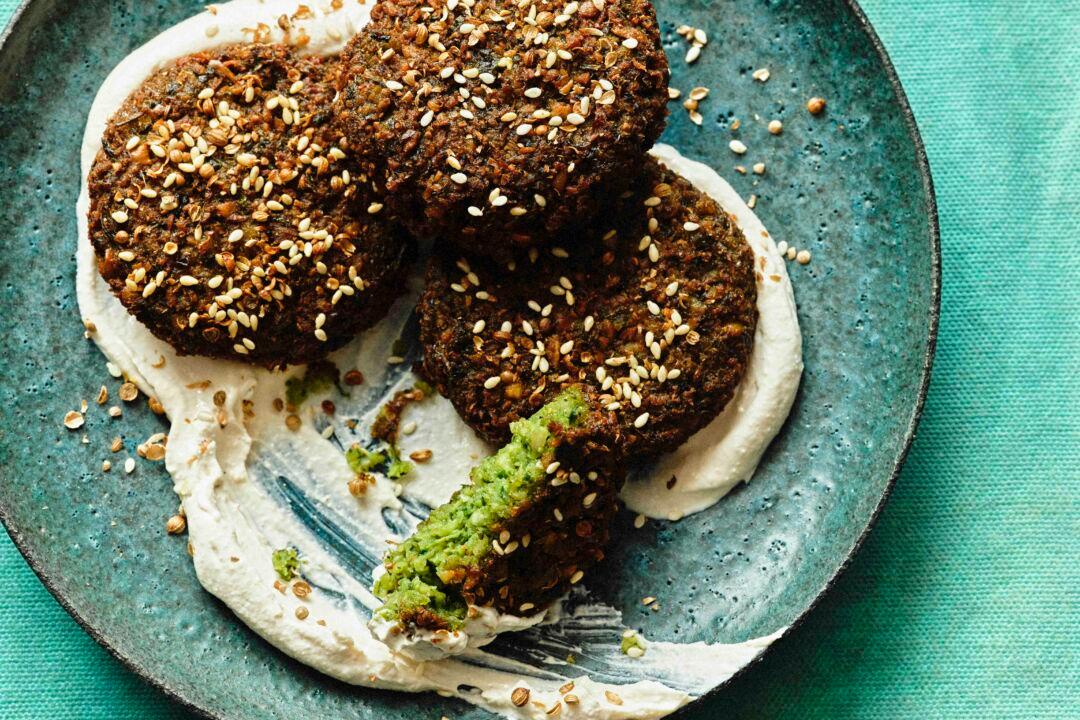As a child, my favorite day of the week was Sunday, because Sundays always smelled the best. My mom cooked some wonderful meals for us throughout my childhood, but the most anticipated and memorable were the Sunday roasts.
Traditionally a British idea, a typical Sunday roast consists of a nice cut of roast beef, potatoes and carrots, and Yorkshire puddings, with a rice pudding for dessert. The tradition became popular during the reign of King Henry VII, when he and his royal guard developed a liking to having roast beef on Sunday after church, earning them the affectionate title of “beefeaters.”





